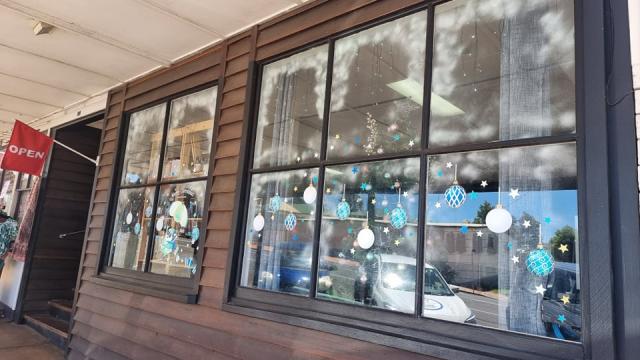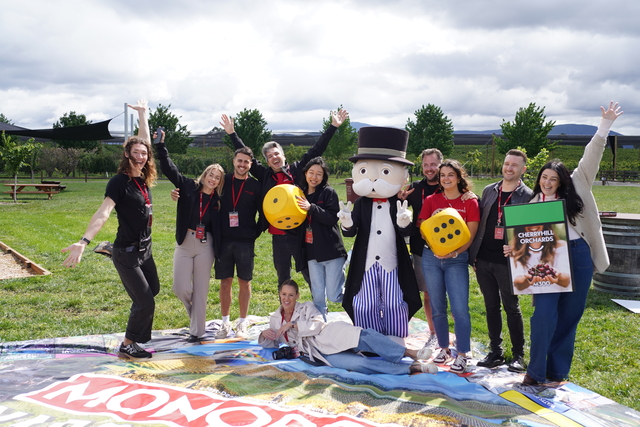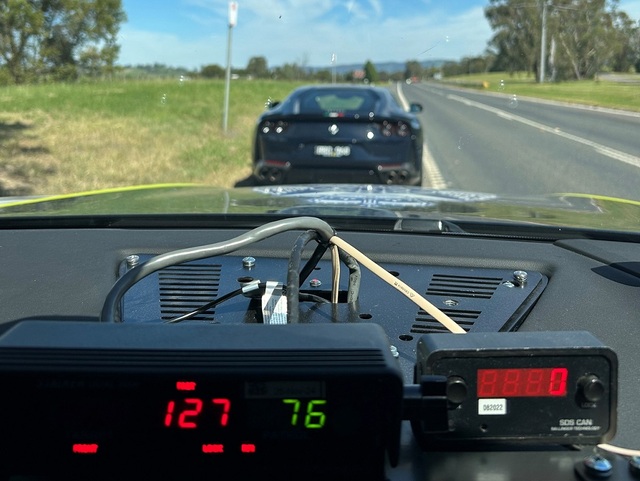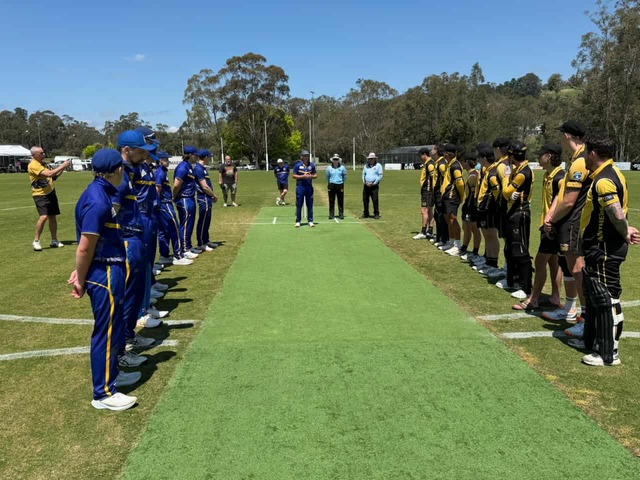By Kath Gannaway
THE last Leadbeater’s Possum in captivity in the world has died at Healesville Sanctuary, less than a month after the Mail reported the death of its mate.
Professor David Lindenmayer, a professor of forest ecology and wildlife conservation, estimated there are less than 2500 animals in the wild in the world, and added his voice to calls for urgent action to save the species.
“Captive breeding needs to be instigated,” he said. “It’s really critical to get it right in the field where the animals are supposed to live.”
Prof Lindenmayer is head of a Leadbeater’s research team at the Australian National University.
“If we lose the state faunal emblem, things are going to look pretty ordinary,” he said. The possum drowned at the sanctuary.
He has been involved in monitoring the animal in the Central Highlands for more than 20 years.
He said while it was recognised there had been significant problems in the past with clear felling and salvage harvests, which took place after the 1939 fires until the 1960s, modified logging practices could work for the animal.
“Since the mid-1980s, we have known the significantly negative effect (of those logging practices) on Leadbeater’s Possum and I have been on record since ‘85 as saying that if you log forests in the right way and in the right places, Leadbeater’s is in one of those unique positions that the animal could have a win/win outcome.”
Mr Lindenmayer said the Victorian Government needed to get its act together and move quickly and outlined five immediate imperatives.
First, a serious commitment to both long-term monitoring, current logging experiments and changed logging practices in the field.
The Leadbeater’s Possum Recovery Team needed to be reinstated as a priority. The system, currently under discussion, of setting aside reserves within logging zones outside the national parks also needed to get going straight away.
He said, as a fifth imperative, there was a serious need to get a captive-breeding program going. “Just because it is the last out of the five doesn’t mean it’s not important or needs to stop happening,” he qualified.
The Mail contacted the Department of Sustainability and Environment and have been advised the department is currently working on a response to a number of questions.
Leadbeater’s mate dies
Digital Editions
-
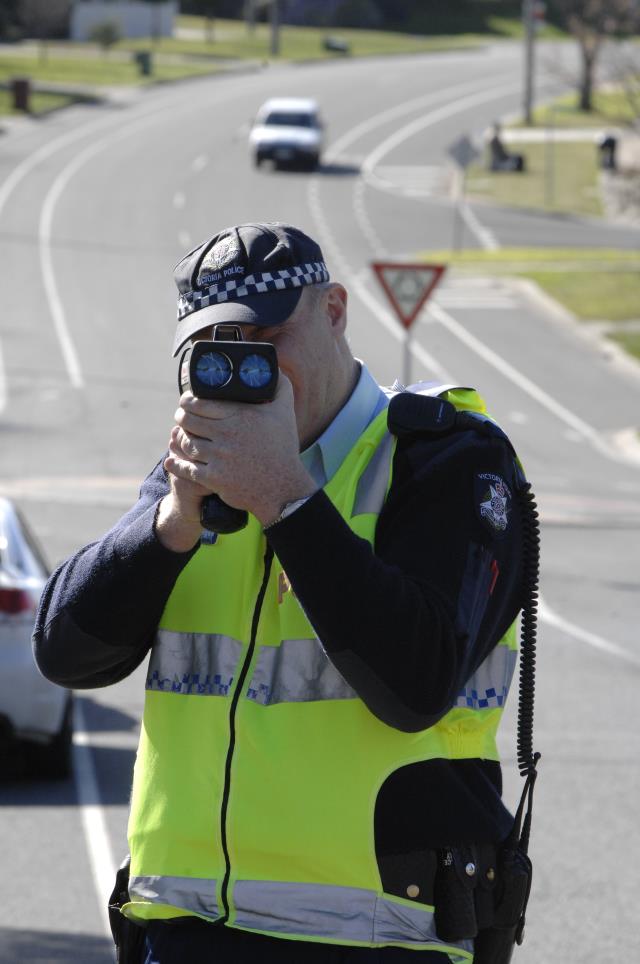
Over 6600 offences detected by Operation Furlong
More than 6600 offences were detected by Victoria Police during Operation Furlong over the Melbourne Cup long weekend. The statewide road policing operation saw police…

